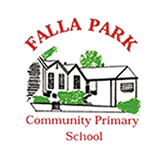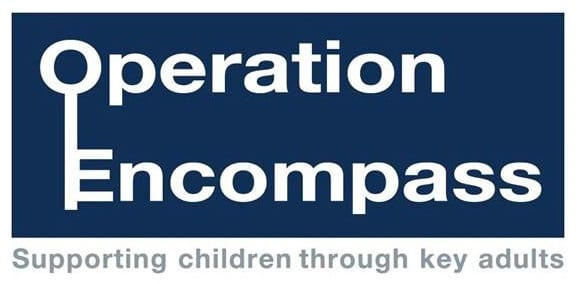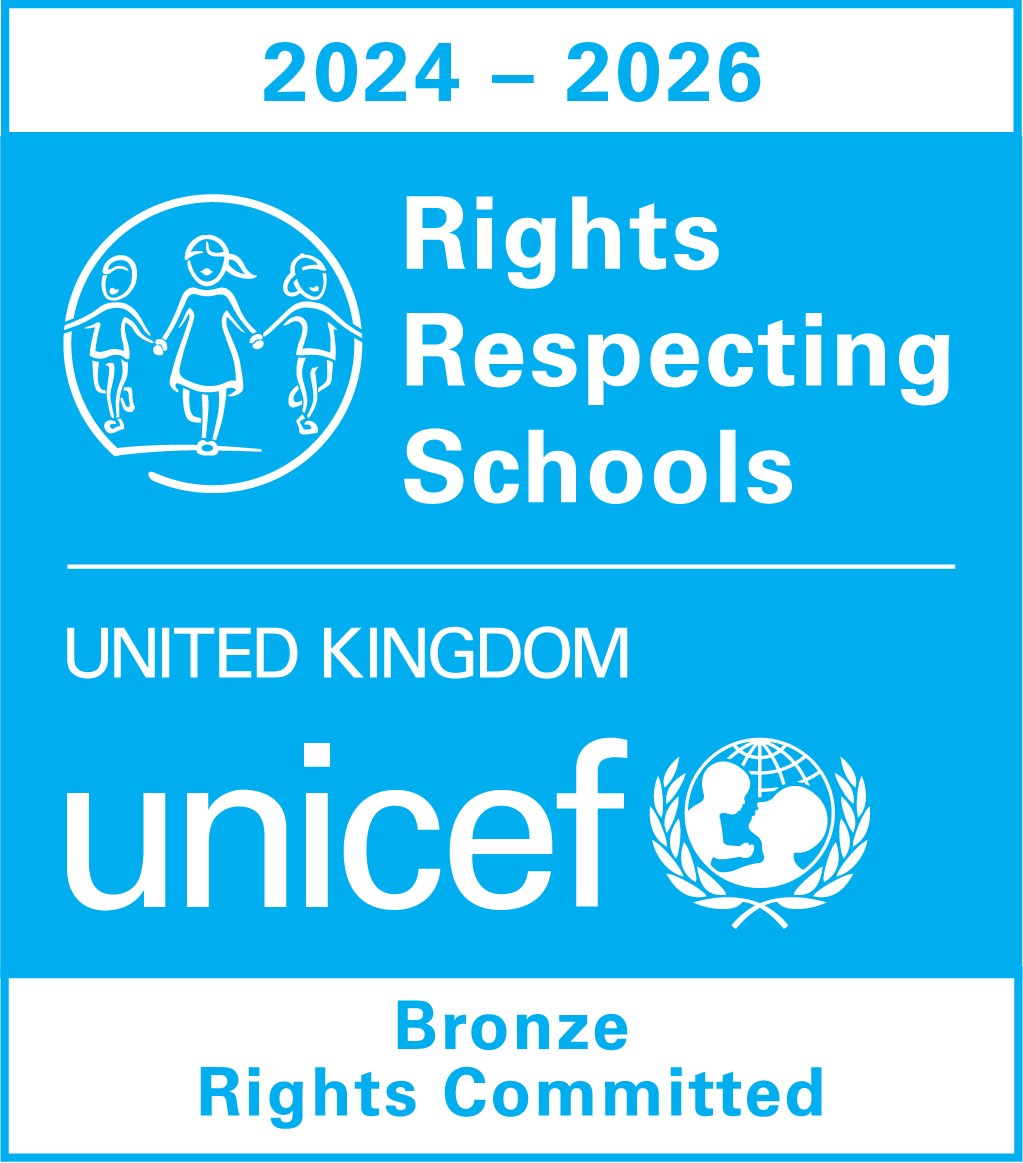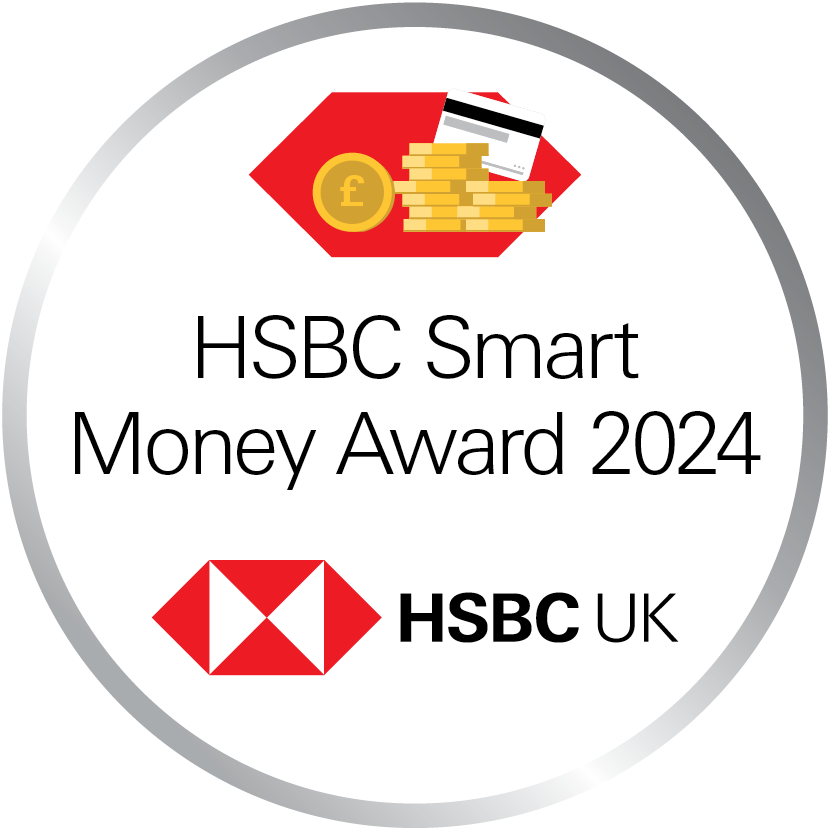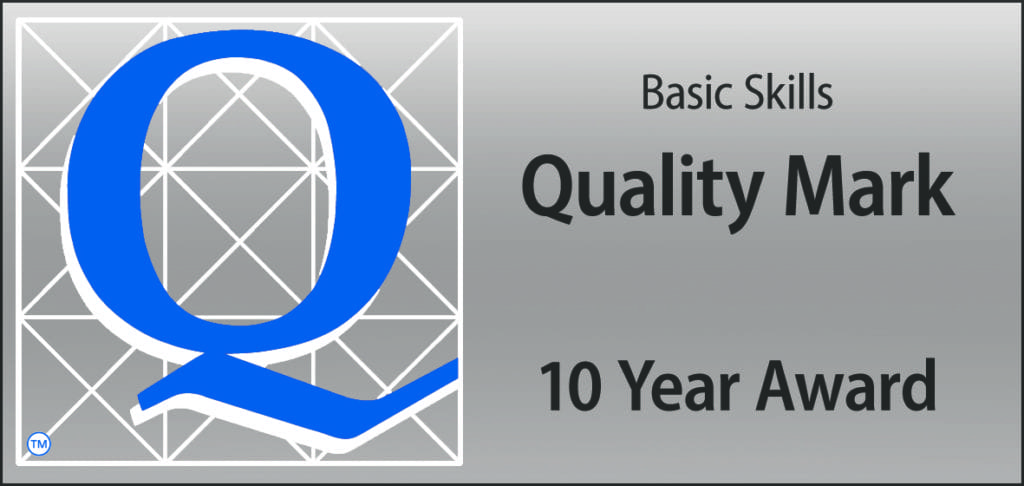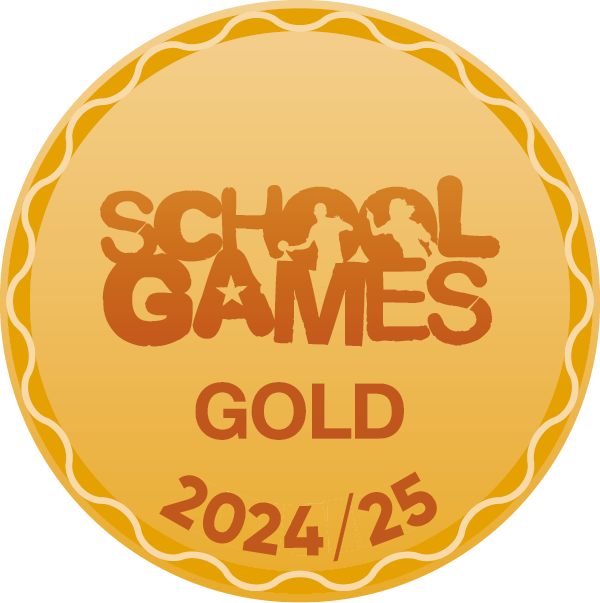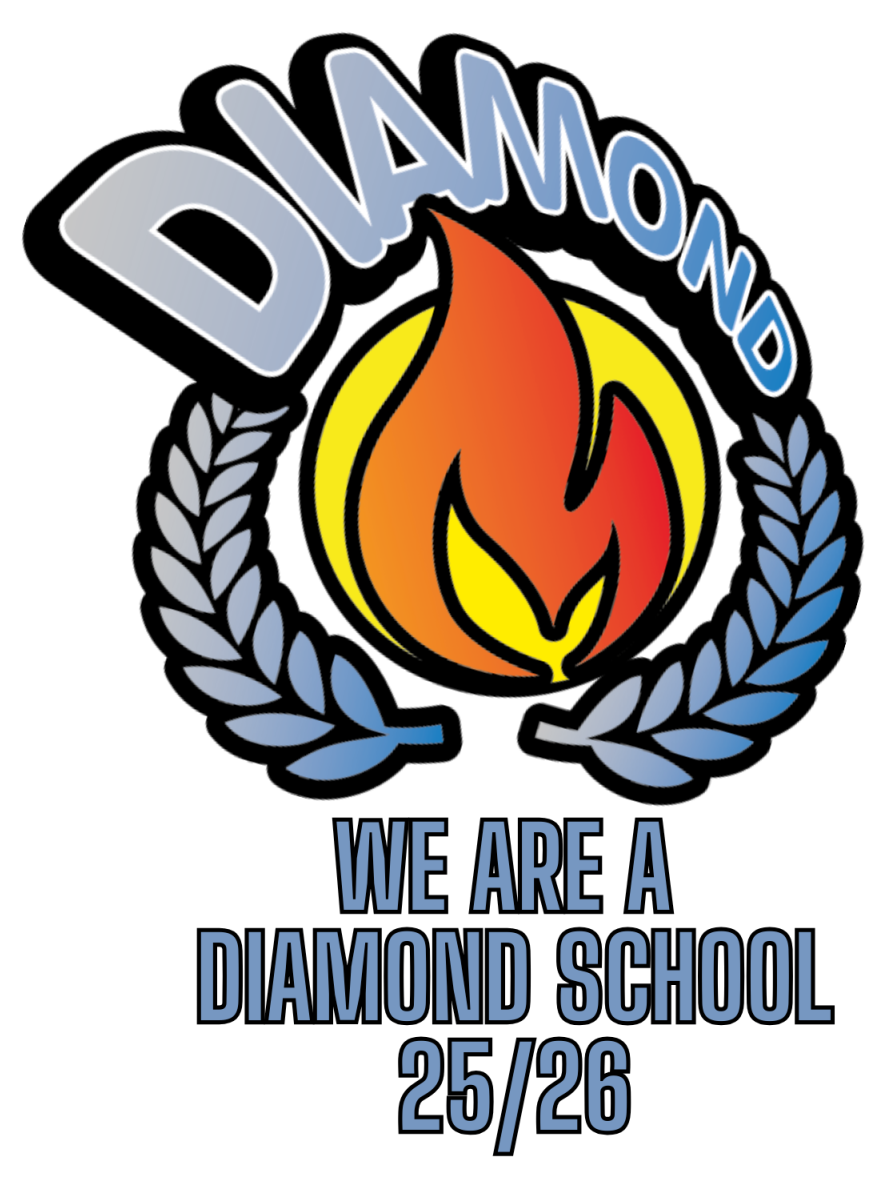History
Intent
We aim to provide an outstanding history curriculum that ignites curiosity, develops critical thinking skills and fosters a deep understanding and appreciation of the past. We aim to inspire our children to become inquisitive historians who are adept at exploring historical sources, analysing evidence, and constructing coherent narratives. Our history curriculum is designed to ensure that all children acquire a rich knowledge of significant events, people, and civilisations, with a focus on British history, local history and world history. We emphasise British Values as a key aspect of the teaching and learning of history as well as developing our schools core values: Respect, Compassion and Responsibility.
Our main aims are:
- To have a carefully planned, structured and progressive curriculum in line with the 2014 National Curriculum which is bespoke to our school
- That children gain a coherent knowledge and understanding of British history and the wider world which helps to stimulate their curiosity to know more about the past
- That children begin to understand the complexity of people’s lives, the process of change, the diversity of societies and relationships between different groups, as well as their own identity and the challenges of their time
- To provide first hand experiences wherever possible (for example - visits to historical places, re-enactments and artefacts)
- To use ICT to enhance and provide up to date historical information to ensure a lasting interest and enjoyment of history
- To include relevant, suitable and quality books linked to history topics
Implementation
Our history curriculum is carefully sequenced to ensure clear progression in both knowledge and skills. We have identified key historical themes, periods, and concepts that are essential for a comprehensive understanding of history. Topics are taught in a logical order, building on prior knowledge and enabling children to make connections between different periods and civilizations.
During the curriculum design the school’s own context has been considered, with opportunities for local history studies, visits to places of historical interest and learning outside the classroom identified and embedded in practice. To enhance historical understanding, we introduce children to a wide range of authentic sources and artefacts. We encourage children to engage actively with sources, including documents, images, and oral histories. We organise visits to local museums, historical sites, and invite guest speakers to provide firsthand experiences, which enable children to develop a genuine appreciation for history.
We recognise the value of cross-curricular links in enhancing children’s learning experiences. Our history curriculum is enriched by incorporating connections with other subjects, such as English, geography and art. For example, children may study historical fiction related to the period being taught, create maps or timelines to visualise events, or produce artwork inspired by historical artefacts.
Impact
Children develop a secure knowledge base of key historical events, figures, and concepts. They can make thoughtful connections between different historical periods, understanding how societies have evolved over time and recognise the influence of past events on the present.
Through our curriculum, children acquire a range of historical skills that are essential for critical thinking. They learn how to analyse and interpret historical sources, evaluate evidence, and construct well-reasoned arguments. Children develop the ability to pose insightful questions and conduct historical enquiries independently, enhancing their ability to think like historians.
Our history curriculum enables children to gain a deeper understanding of the diverse cultural heritage of our local area, the United Kingdom and the wider world. Children develop a respectful appreciation for different perspectives and develop skills of empathy and tolerance. They learn about significant historical figures from different ethnicities, genders, and social backgrounds, promoting a more inclusive and cohesive society.
Our history curriculum encourages enthusiasm for the subject. Children are actively engaged by the stories of the past, and eager to explore further. They develop a love for history that extends beyond the classroom, with many seeking out additional resources and materials to deepen their understanding independently.
Teachers use a combination of formative and summative assessments to gauge children’s progress and understanding. Children are given constructive feedback, focusing on specific areas for improvement and celebrating their achievements. Regular assessment allows for the identification of gaps in knowledge, to address misconceptions and adapt teaching approaches.
Our curriculum is designed to ignite curiosity, foster critical thinking, and develop a deep understanding of the past. Children leave our school as confident and competent historians, well-prepared for their continuing historical education in secondary school and beyond.
